5G explained: the network, phones, speeds and more
Want to live lag-free? Superfast 5G could be the answer.
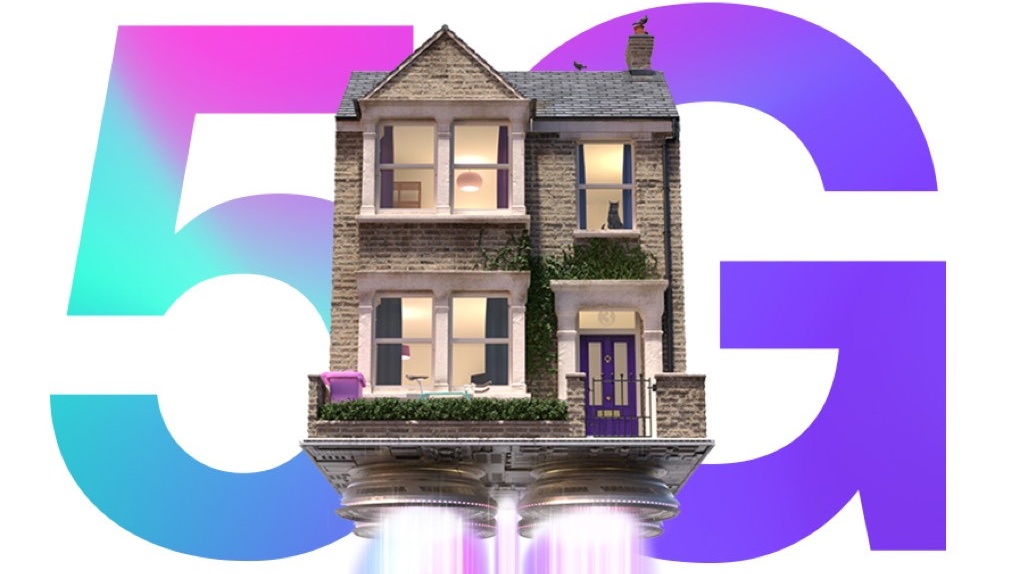
You can kiss goodbye to buffering – the 'superfast' 5G mobile internet has arrived in a host of cities and towns across the UK and US.
From faster speeds to better connections, next-generation 5G networks promise smoother video streaming at higher resolutions, fewer dropped calls and lag-free browsing.
What's more, 5G is set to power a slew of new smart devices, from 5G phones to 5G TVs, 5G VR headsets and 5G gaming devices. It'll also mean that voice assistants such as Alexa will provide answers on the double.
With so much buzz around 5G, it's no surprise that everyone's talking about it. But what is 5G? How can you get it? And what 5G phones are available to buy? Read on and we'll explain how to get 5G in your life...
What is 5G?
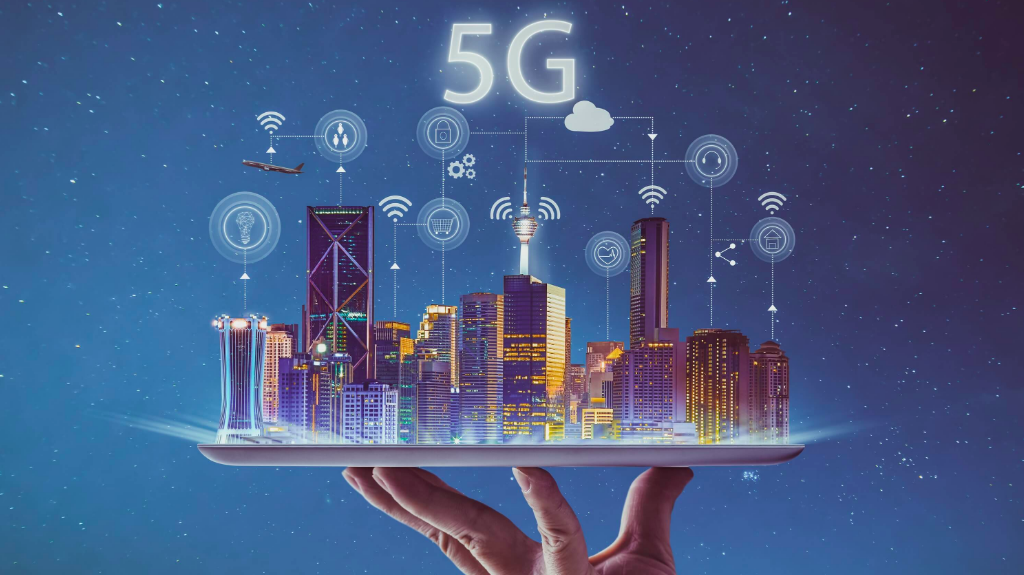
5G is the fifth generation of mobile internet connectivity. Eventually, it will replace 4G but, for now, 5G networks work in combination with 4G and 3G to provide the speediest possible connection.
5G enables faster download and uploads speeds, more reliable connections and smoother streaming of 4K – and even 8K – video.
You shouldn't have any trouble getting a stable connection in busy places such as music festivals, or at busy times such as New Year's Eve. Once enough 5G masts are peppered throughout the country, 'dead spots' will become a thing of the past.
As well as 5G smartphones, some networks offer 5G home internet. It comes over the air rather than through a telephone line, cable or dish, so it offers faster top speeds than broadband.
As 5G become more widely adopted, it'll likely trigger a home entertainment revolution. Over the next few years, we'll see the launch of 5G virtual reality headsets, 5G gaming consoles and 5G TVs.
As Samsung recently predicted, the leap from 4K to 8K picture technology could be made smoother by 5G TVs.
Pixel-packed pictures aside, 5G is set to spread to everything from from cars to fridges. The idea being that, when everyone – and everything – is connected 24/7, 5G devices will help make our lives even smarter.
How fast is 5G?
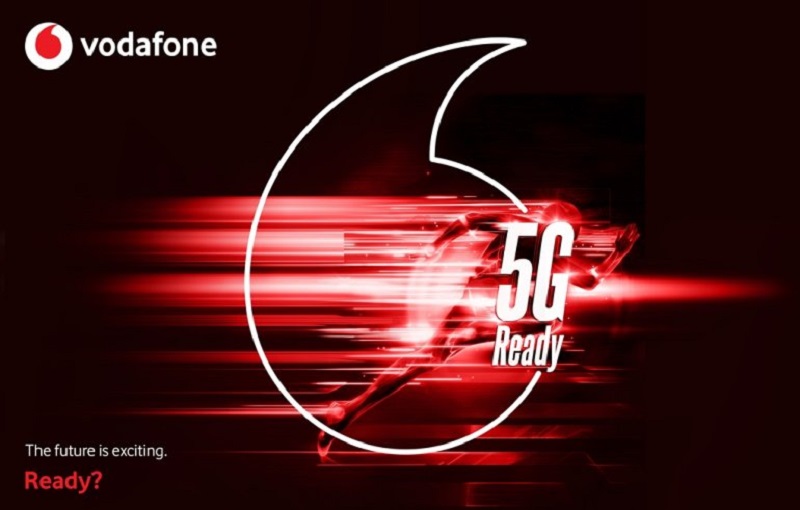
As of today, 5G is typically 5-10 times faster than 4G. In the distant future, 5G mobile networks could offer downloads speeds 100 times faster than today's 4G networks.
In the UK, EE and Vodafone offer similar estimates of speed. Vodafone says 5G will work at average speeds of 150-200Mbps, and peak speeds will reach 1Gbps. That means you'll be able to download a full HD film in around 3 minutes, compared to over 15 minutes on 4G. Pretty quick for a mobile network.
In the US, Verizon, which boasts one of the most advanced 5G networks, has demonstrated speeds of 600Mbps to 1GBbps.
Of course, speeds can vary according to the country, the type of 5G network and your proximity to a mast. So it's really a case of 'suck it and see'.
This extra speed also means less lag. Today's 4G networks boast a latency of around 30-40 milliseconds; 5G networks are closer to 10 milliseconds.
When will 5G launch in the UK?

EE was the first network to launch 5G in the UK. So far, it's switched on 5G in six cities including London, Edinburgh, Manchester and Birmingham. By the end of 2019, EE hopes to bring 5G to ten other cities: Glasgow, Newcastle, Liverpool, Leeds, Hull, Sheffield, Nottingham, Leicester, Coventry and Bristol.
Vodafone followed EE in July 2019, launching 5G in seven cities and eight towns. As of today, it offers 5G in 31 locations in the UK –stretching from Plymouth to Paisley. You can find a full list of 5G locations here.
Vodafone also claims to be the first of the UK networks to offer 5G roaming in Europe. Here's a list of all the places outside the UK you can get Vodafone 5G.
O2 launched its 5G network in December 2019, covering London, Belfast, Cardiff, Edinburgh, Leeds and Slough. By the end of the year, O2 aims to bring 5G to 'parts of' 20 towns and cities, before rolling out to a total of 50 by summer 2020. Use O2's coverage checker to see if 5G is available in your area.
If you're a Three customer, there's good news and bad. Three is yet to launch a 5G phone network, but it has launched 5G home broadband. More on that further down.
Should you buy a 5G phone now?
With 5G networks are expanding by the day, you might be considering splashing out on a 5G smartphone.
While you'll pay a premium, you should be able to hop on significantly faster data connections in most large towns and cities. However, with coverage still patchy, you won't always be able to reap the benefits.
5G home internet is arguably better proposition, since you'll be able to stream 4K films and TV shows via the likes of Netflix and Amazon Prime Video.
It really depends on coverage in your area. But as more people make the leap to 5G, that should improve.
Which 5G phones are available in the UK?
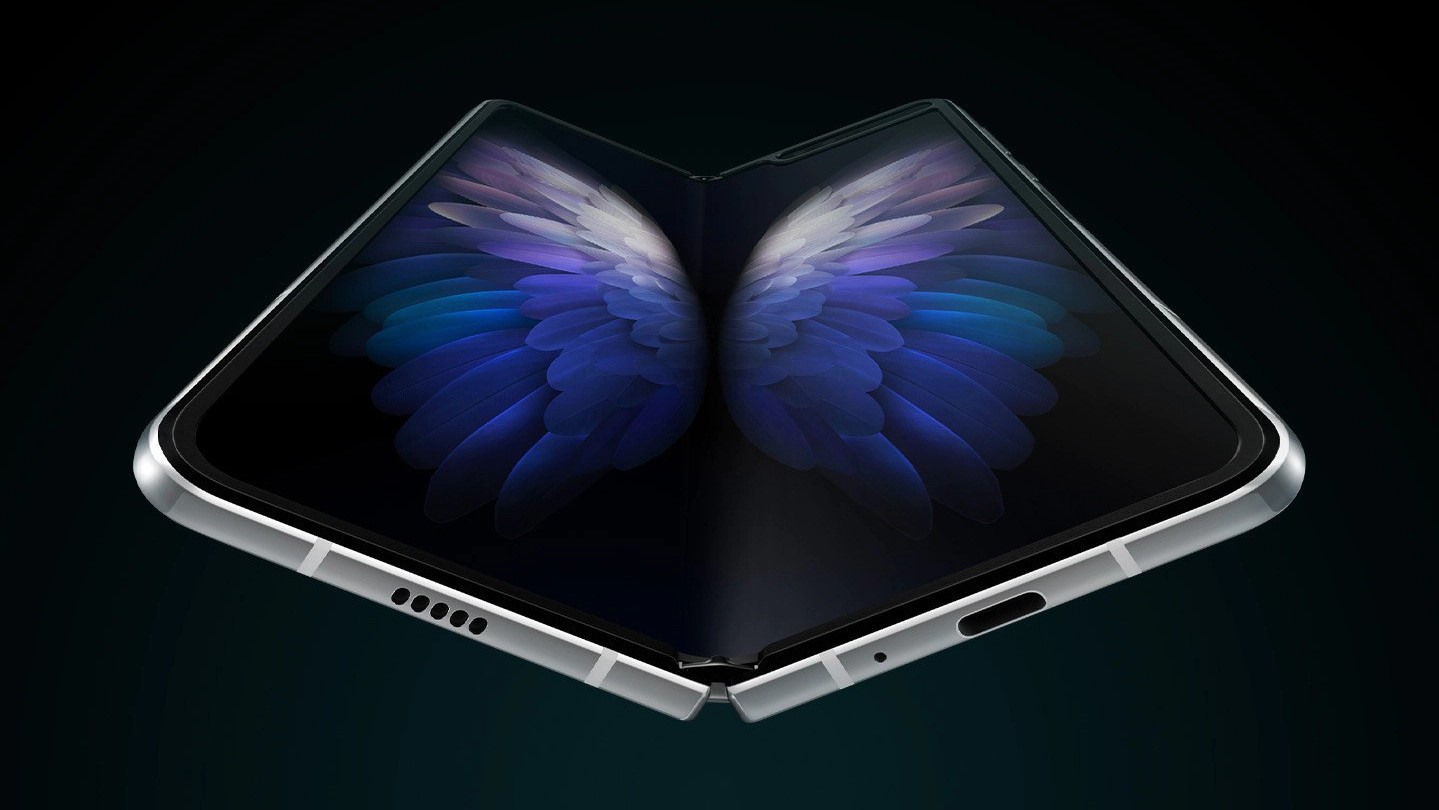
A raft of 5G smartphones were announced in 2019, and while some aren't available yet, buying a 5G phone is making more and more sense by the day.
The OnePlus 7 Pro 5G was the first 5G phone available in the UK, and is currently available on EE. The network offers a decent range of 5G phones including the dual-screen LG V50 ThinQ.
Samsung is touting two big-screen 5G phones: the 6.3-inch Galaxy Note 10 5G and the 6.8-inch Galaxy Note 10+ 5G (£1099/256GB).
If you have deep pockets, you can pre-order the Samsung Galaxy Fold from EE. It costs £50 upfront plus a whopping £119 per month for EE's 5G Smart Plan, which includes a monthly data allowance of 120GB.
O2 also offers Samsung's 5G models, plus a few other 5G phones including the Xiaomi Mi Mix 3 5G and the Oppo Reno 5G, which boasts an impressive 6.6-inch notch-less AMOLED display.
Vodafone offers a decent selection of 5G phones including Samsung models and the supersize Huawei Mate 20 X (5G), which totes a cinematic 7.2-inch OLED display. It'll set you back around £68 per month, plus £29 upfront.
Apple has yet jump on the 5G bandwagon but is expected to launch the first 5G iPhone in late 2020.
When will 5G home broadband launch in the UK?

Struggling with slow internet speeds? It might be worth ditching broadband for 5G. Three, Vodafone and EE all offer 5G home internet – but only in selected parts of the UK.
Three's 5G home broadband is in 25 locations including London and Edinburgh. It's currently available for £29 per month. Three says that, in certain parts of the UK, users of it 5G home internet can 'download a 4K movie in seconds'. See if it's available in your area here.
Vodafone's Gigacube turns 5G and 4G networks into wi-fi. It costs from £30 per month and you can plump for a rolling 30-day contract. Here's the coverage map.
EE's sells the HTC 5G Hub, which brings 5G to any wi-fi-enabled device. It's expensive, though: £100 upfront plus £50 per month. You can check EE's 5G coverage here.
When will 5G launch in the US?
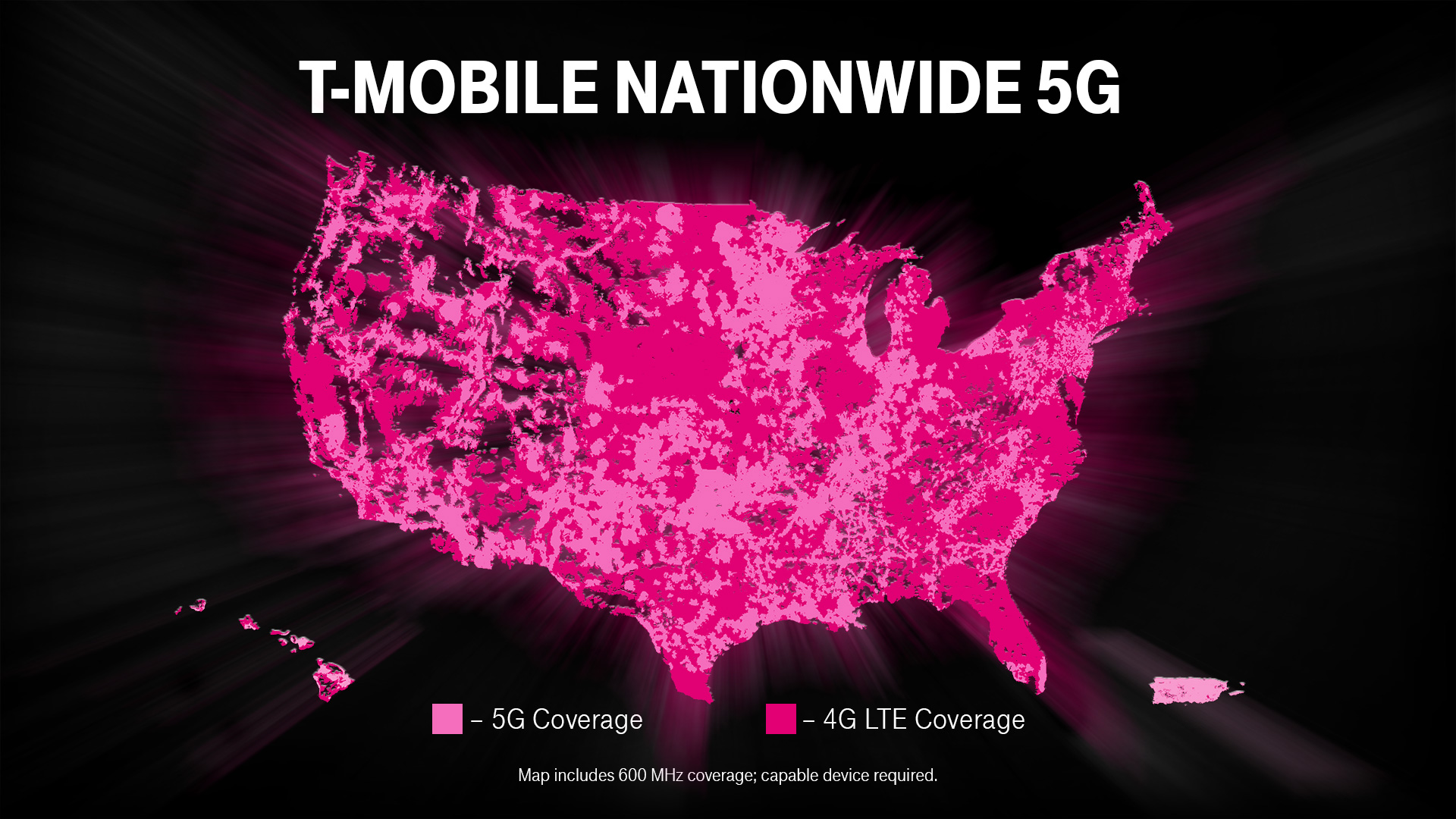
Verizon was first to market with 5G. It launched its 5G network back in April 2019, promising ultra-fast speeds and ultra-low lag times.
According to our sister site TechRadar, 5G speeds have topped 1.4Gbps in Chicago. Pretty impressive, although coverage can be patchy.
Verizon 5G is currently available in limited outdoor areas in 18 US cities, including Chicago, Denver, New York City and Washington D.C. You can find Verizon's 5G coverage map here.
AT&T was next out of the gates. It rolled out 5G in 19 US cities but, again, coverage is limited. You can find details of AT&T's 5G coverage here.
The third major US carrier to roll out 5G, T-Mobile, launched its network in December 2019. T-Mobile claims to offer more 5G coverage than its rivals, but it's far from 'nationwide'. You can see T-Mobile's 5G map here.
What 5G phones are available in the US?
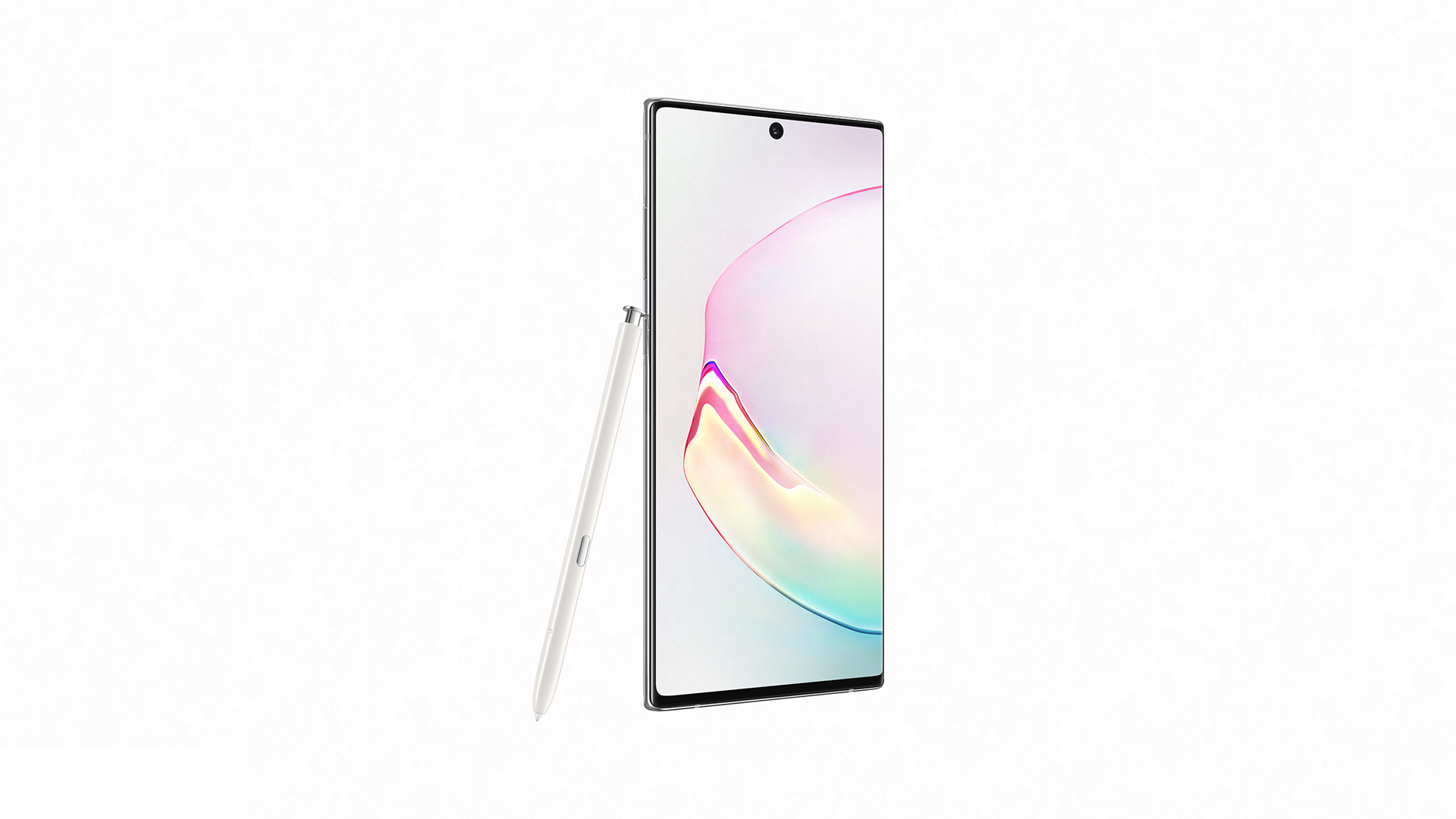
Currently, Verizon offers one of the most advanced 5G networks and the widest selection of 5G handsets.
Choose from the Samsung Galaxy Note 10 5G, Moto Z4, Moto Z3 and the snazzy, dual-screen LG V50 ThinQ 5G. Plus a few other less accomplished handsets.
AT&T doesn't offer many 5G handsets besides the Samsung Galaxy Note 10+, which you can pre-order here.
T-Mobile currently offers two 5G handsets: the OnePlus 7T Pro 5G McLaren Edition ($899.99) and the Samsung Galaxy Note 10+ ($1299.99). We rated the Galaxy Note 10+ a healthy four stars in our recent review.
Get the What Hi-Fi? Newsletter
The latest hi-fi, home cinema and tech news, reviews, buying advice and deals, direct to your inbox.
What Hi-Fi?, founded in 1976, is the world's leading independent guide to buying and owning hi-fi and home entertainment products. Our comprehensive tests help you buy the very best for your money, with our advice sections giving you step-by-step information on how to get even more from your music and movies. Everything is tested by our dedicated team of in-house reviewers in our custom-built test rooms in London, Reading and Bath. Our coveted five-star rating and Awards are recognised all over the world as the ultimate seal of approval, so you can buy with absolute confidence.
-
F8lee While 5G has certainly been hitting the peak of the hype cycle, as I understand it another genuine difference may well be a lack of reliability under emergency circumstances.Reply
Since it uses a higher bandwidth, 5G required many more transceivers to be installed in a given area. That's fine, but with a huge increase (as I understand the requirement) odds are that they will not each have backup battery power to be used in case of emergencies. Today people are familiar with the concept that, in a blackout, say, their cellphones will still operate - and this of course is because the network operators have backup batteries installed on the relatively few towers used in 4G systems.
I gues it remains to be seen if they will do the same for the ar more 5G devices required; if not, folks may be in for a rude awakening when a problem arises. -
Richard Adelman Sad that not one mention in your article that many health experts fear there are unavoidable health risks with 5G. Even if your editorial staff takes these with a grain of salt they are at least worthy of mention as being possible/controversial or something like that. You sinned by omission I think.Reply -
alistairbooth Reply
The same Tinfoil hat brigade came out with this when 4G came out. wireless broadcast signals are only harmful if you put your head on the transmitter for a few weeks at a time.Richard Adelman said:Sad that not one mention in your article that many health experts fear there are unavoidable health risks with 5G. Even if your editorial staff takes these with a grain of salt they are at least worthy of mention as being possible/controversial or something like that. You sinned by omission I think.

